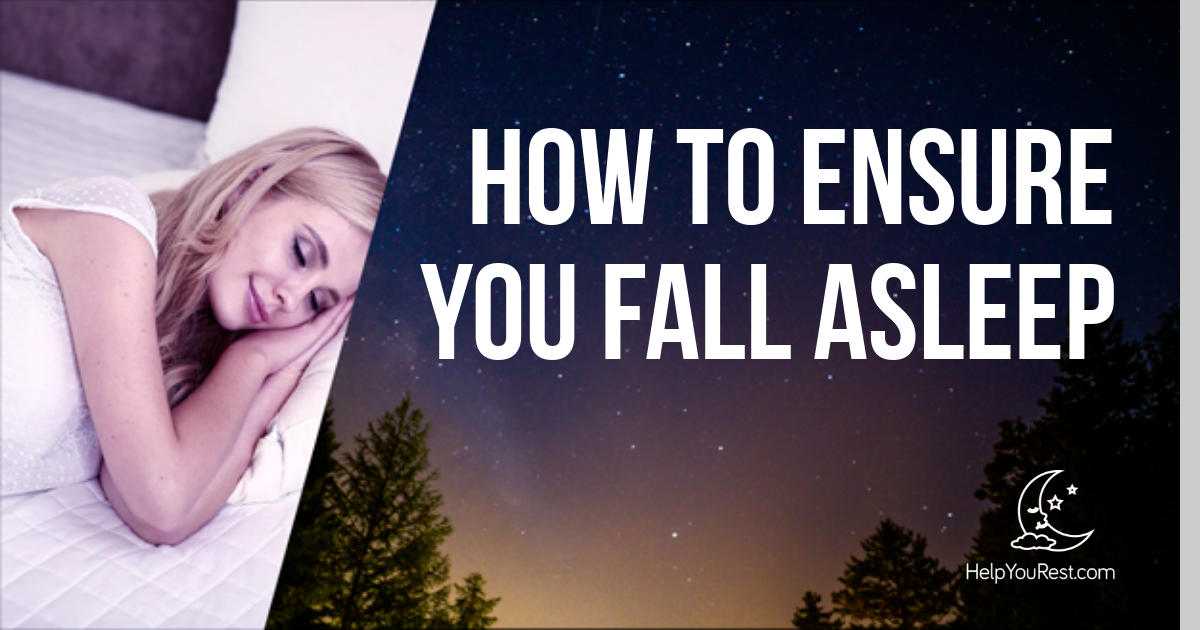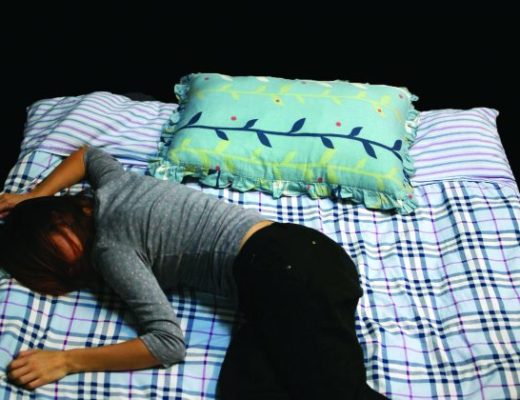Falling asleep isn’t always as simple as placing your head upon a pillow and shutting your eyes. Thoughts, worries, and discomfort all have a way of worming their way into your mind, preventing you from falling asleep. Fortunately, there are quite a few positive things you can do to help to restore your ability to fall asleep quickly and regularly.
-
Make your room cool, clean, and quiet
The best conditions to sleep are when you are:
-
- Cooler than room temperature, a little below 70 degrees Fahrenheit (or 20 degrees Celsius).
- In soft, breathable clothing.
- In the dark. You should turn off all the lights and keep nightlights at a distance.
-
Use muscle and mental relaxing exercises to prepare your brain for sleep
Use the following techniques to distract your mind.
-
- Contract and relax your muscles. Tense, then release each and every muscle in your body slowly.
- Count your breaths. Focus on deep, regular breaths.
- Visualize something repetitive. Pick an activity you know and drift into it, counting each one.
-
Turn on light music or white noise five minutes before bed
Constant sounds make for great sleep.
-
- Try classical music.
- Listen to waves, raindrops, wind noises, or other calm, consistent sounds.
- Listen to anything that calms you and keeps you relaxed.
- Make use a meditation app like Slumber, Calm, or Headspace.
-
Stretch out gently fifteen minutes before going to bed
Reach down and gently touch your toes. Pull your foot back to your bum to stretch your thighs. Slowly reach your arms up and stretch to the sky.
-
- Do the stretches that you love, holding them gently and without pain.
- Try yoga for meditation.
-
Take a bath or eat a light snack to start getting drowsy about a half-hour before going to bed.
A warm bath, especially with a little lavender oil will slow down your body’s activity and make it easier to fall asleep. A light snack will do the same thing, creating a pleasant sense of drowsiness.
-
Turn away from all electronic screens, media, and work an hour before going to bed
The time for screens and work is over. Computer screens actually trigger your brain to stay awake, as the blue light subconsciously tricks you into thinking that it’s daytime.
-
Dim the lights in your house two hours before bed
Use your dimmers, adjust the brightness on computers and TV, and aim for soft, yellow-orange lights. Yellow light can signal sunset, and the need to sleep.
-
Avoid drinking any caffeine or consuming a lot of alcohol in the afternoon
Both of these chemicals will keep you up and lead to uneven, difficult nights in bed. Instead, try exercising in the afternoon, which will give you a boost in metabolism and energy in the short term and make it easier to sleep when night approaches.
[pdf-embedder url=”https://helpyourest.com/wp-content/uploads/securepdfs/2019/03/How-To-Fall-Asleep_Method-1-1.pdf” title=”How To Fall Asleep_Method-1″] Want to use this infographic on your site?





